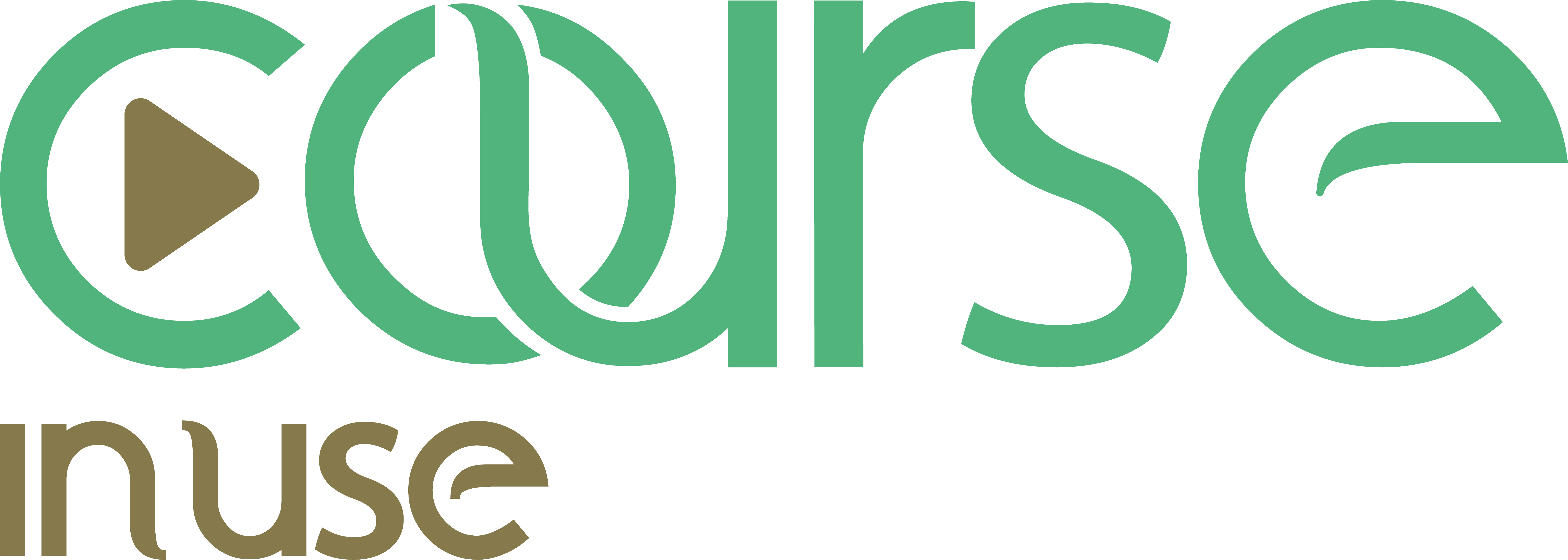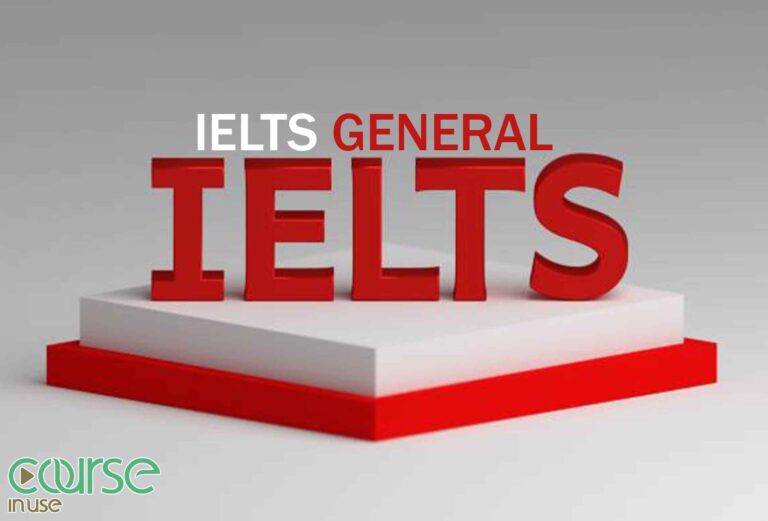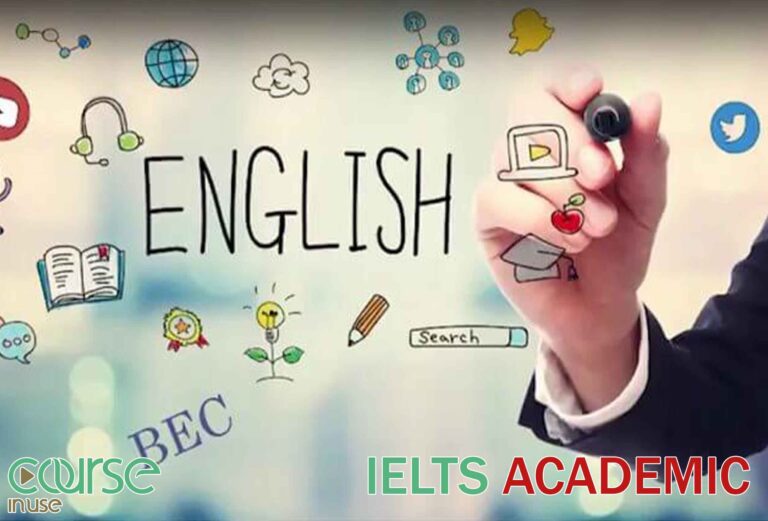IB Diploma An educational program for students in the age range of 16 to 19 years, which includes various subjects such as biology, computer science, chemistry, physics, sports, exercise and health science, etc. The IB Diploma educational program is two years long and aims to prepare students for Admission to prestigious international universities is held
Definition of the International Baccalaureate (IB) Examination
The International Baccalaureate (IB) is a global educational program designed to offer a comprehensive and high-quality education for students worldwide. The IB programs are offered in various schools around the world and are available at three different levels: Primary Years, Middle Years, and Diploma Programs.
Diploma Program (DP)
The IB Diploma Program is specifically designed for students aged 16 to 19 and allows them to earn an international diploma upon completion of their high school education. This program includes a range of courses along with optional subjects and research projects, which are globally recognized and accepted by prestigious universities worldwide.
Key Features of the IB Diploma Program:
Core Subjects:
Six Subject Groups: The IB Diploma Program consists of six main subject groups from which students must choose at least one subject from each group. These groups include Experimental Sciences, Mathematics, Language and Literature, Foreign Languages, Social Sciences, and Arts.
Levels of Study: Students study courses at three different levels: Standard Level (SL), Higher Level (HL), and Diploma Level.
Research Projects and Extracurricular Activities:
CAS Project (Creativity, Activity, Service): This component includes creative activities, physical activities, and community service, helping to develop practical and social skills.
EE Project (Extended Essay): An independent research paper on a specific topic that helps students enhance their research and writing skills.
TOK Class (Theory of Knowledge): This class explores philosophy and epistemology, helping students gain a deeper understanding of how knowledge is acquired and used.
Assessment and Examinations:
Final Examinations: At the end of the diploma program, students must take final exams in various subjects, and the results are used for final evaluation.
Continuous Assessment: In addition to final exams, continuous assessments include projects, assignments, and classroom presentations.
Advantages and Disadvantages of the IB Diploma Program:
- Advantages:
- Comprehensive Education: Provides a balanced program that helps develop analytical, critical thinking, and social skills.
- Global Recognition: The IB diploma is accepted by many prestigious universities around the world.
- University Preparation: Students enter universities with advanced research and academic skills.
- Disadvantages:
- Academic Pressure: The program may impose significant pressure on students due to the large number of courses and projects.
- High Costs: The costs associated with registration and educational resources can be high.
- Time and Effort: Success in the program requires substantial time and effort.
Overall, the IB Diploma Program helps students acquire essential skills for higher education and success in their professional lives, preparing them for entry into prestigious global universities.
Structure and Content of the IB Diploma Examination
The IB Diploma Program has a specific structure and content designed to assess students across a range of subjects and skills. The program generally includes assessments in three main areas: final exams, continuous assessments, and research projects.
- Final Examinations:
- Duration: Exams usually last between 1 to 3 hours, depending on the subject and level.
- Types of Questions:
- Multiple Choice: To assess general knowledge and basic concepts.
- Essay Questions: To evaluate deep understanding and analytical ability.
- Practical Problems: Especially in science and mathematics to assess practical skills.
- Laboratory Reports: In science subjects, students may need to present laboratory reports.
- Content of Final Exams:
- Sciences: Advanced topics in physics, chemistry, and biology.
- Mathematics: Topics including algebra, calculus, geometry, and probability.
- Literature: Analysis of literary texts and study of various authors.
- History and Social Sciences: Analysis of historical events and study of social and political changes.
- Foreign Languages: Proficiency in speaking, writing, and listening skills.
Continuous Assessment:
- Types of Continuous Assessment:
- Assignments and Projects: Presentation of research projects and class assignments.
- Class Presentations: Presentation of research work and group projects.
- Internal Tests: Periodic tests assessed by teachers.
- Research Projects: Research on specific topics to enhance research skills.
- Text Analysis: Analysis and review of texts and academic papers.
- Practical Activities: In practical subjects like experimental sciences, evaluation of laboratory activities.
Research Projects and Extracurricular Activities:
- Research Projects:
- Extended Essay (EE): An independent 4,000-word research paper on a specific topic, helping students to develop their research and writing skills.
- Extracurricular Activities:
- Creativity, Activity, Service (CAS): Projects involving creative, physical, and social service activities that contribute to practical and social skill development.
- Theory of Knowledge (TOK):
- TOK Class: Focuses on exploring knowledge theory and helping students gain a deeper understanding of how knowledge is acquired and used.
- Grading and Final Evaluation:
- Grading Scale: Grades are awarded on a scale of 1 to 7, with 7 being the highest.
IB Diploma Requirements:
To earn the IB diploma, students must achieve a minimum of 24 points out of a possible 42, including grades in subjects, research projects, and CAS activities.
Sample Questions and Evaluation:
Examination Questions: Include multiple-choice questions, essay questions, and practical problems assessing knowledge and analytical abilities.
Practical Projects: Include scientific experiments, research projects, and practical analyses in each subject.
Preparation and Registration:
Study Resources: Review of study materials, previous exam questions, and participation in preparatory classes.
Registration: Register through schools and authorized testing centers and follow the examination schedule.
For more detailed information about the structure and content of IB examinations, visit the official IB website or contact schools and educational centers offering IB programs.
Advantages and Disadvantages of the IB Diploma Exam
The IB Diploma Program offers a comprehensive and international educational structure with specific advantages and disadvantages:
Advantages:
Comprehensive and Balanced Education: Includes a wide range of subjects such as sciences, arts, and languages, helping students study various fields.
Development of Critical Thinking Skills: Emphasizes deep analysis and critical thinking.
University Readiness: The IB diploma is internationally recognized and can aid in acceptance into prestigious universities.
Development of Practical and Social Skills: Through Extended Essay (EE), Theory of Knowledge (TOK), and Creativity, Activity, Service (CAS).
Intercultural Learning: Helps students become familiar with different cultures and develop intercultural skills.
Diverse Evaluation Methods: Includes final exams, internal assessments, and research projects, providing a comprehensive evaluation of students’ strengths and weaknesses.
Disadvantages:
High Academic Pressure: Due to the large volume of courses and projects, students may face significant pressure.
High Costs: Includes registration fees, educational resources, and preparatory classes, which can be expensive.
Need for High Commitment and Motivation: Requires strong organizational and time management skills.
Limited Acceptance in Some Countries: While widely recognized, the IB diploma may not be as well-known in some regions.
Challenges with Extended Essay and TOK: These projects require in-depth research and critical thinking, which can be challenging for some students.
Registration and Costs for the IB Diploma
To register for the IB Diploma Program and understand the associated costs, follow these steps:
- Registration Process:
- Find an IB Testing Center: Check if your school or nearby educational center offers the IB program.
- Register through School: If enrolled in an IB school, the registration process is usually handled by the school.
- Direct Registration: In some regions, direct registration at independent testing centers may be possible.
- Completing Registration Forms:
- Required Documents: Identity documents, previous academic records, and completion of IB registration forms.
- Consultation: Some schools and centers may offer advice on course selection and academic planning.
IB Diploma Costs:
Registration Fees: Typically range from $150 to $500 per student, covering exams, assessments, and administrative fees.
School Fees: Additional costs may include tuition, textbooks, and educational resources.
Preparatory Classes: Some schools may charge extra for preparatory courses and special training.
Additional Costs: This may include expenses for CAS projects and Extended Essay materials.
Getting Accurate Information:
Official Websites: Refer to official IB organization websites and IB schools for current fees and registration details.
Contact Schools: Reach out to IB schools and centers for precise information on costs and registration procedures.
Educational Consultants: Consult with educational advisors for help with school selection and program details.
For the most accurate and up-to-date information, refer to official sources and local educational centers.
IB Diploma Resources and Study Materials
To succeed in the IB Diploma Program, students should utilize resources and study materials based on their chosen subjects. The IB Diploma includes six main subject groups, each with its own set of resources:
Subject Groups and Resources:
Group 1: Language and Literature
Textbooks: “IB English A: Literature” and “IB English A: Language and Literature.”
Online Resources: Literary analyses, research articles, and educational videos.
Group 2: Language Acquisition
Textbooks: Language-specific books such as “Bachillerato Internacional: Español B” and “IB French B.”
Online Resources: Language learning apps, grammar guides, and conversation practice tools.
Group 3: Individuals and Societies
Textbooks: “IB History,” “IB Geography,” and “IB Economics.”
Online Resources: Historical documents, geographic maps, and economic data sources.
Group 4: Sciences
Textbooks: “IB Biology,” “IB Chemistry,” and “IB Physics.”
Online Resources: Interactive simulations, scientific journals, and laboratory guides.
Group 5: Mathematics
Textbooks: “IB Mathematics: Analysis and Approaches” and “IB Mathematics: Applications and Interpretation.”
Online Resources: Mathematical problem sets, tutorials, and practice exams.
Group 6: The Arts
Textbooks: “IB Visual Arts” and “IB Music.”
Online Resources: Art galleries, music theory websites, and creative practice guides.
General Resources:
Past Papers and Sample Questions: Available on the official IB website and through educational publishers.
Study Guides: Comprehensive guides and review books specifically designed for the IB Diploma.
Educational Platforms: Online platforms offering IB-specific study aids, practice questions, and interactive exercises.
Study Tips and Techniques:
Create a Study Plan: Develop a schedule to cover all subjects and allocate time for revision.
Practice Past Papers: Use past examination papers to familiarize yourself with exam formats and question types.
Join Study Groups: Collaborate with peers to discuss and review topics.
Seek Support: Utilize teachers, tutors, and online resources for additional help and clarification.
Obtaining Study Materials:
School Library: Check your school’s library for textbooks and study guides.
Online Stores: Purchase textbooks and study guides from online retailers.
Educational Publishers: Obtain study materials from publishers specializing in IB education.
Using a combination of these resources and study techniques will help you prepare effectively for the IB Diploma examinations.
conclusion
As it was said, IB Diploma helps you to strengthen the necessary university skills, so if you want to study in a reputable and favorite university, the first step is to participate in the IB Diploma program and get a high score in this program. We are by your side to accompany you on this path with quality training courses prepared by experienced professors. We are with you on the course in use website




